Date: August 7 - August 11
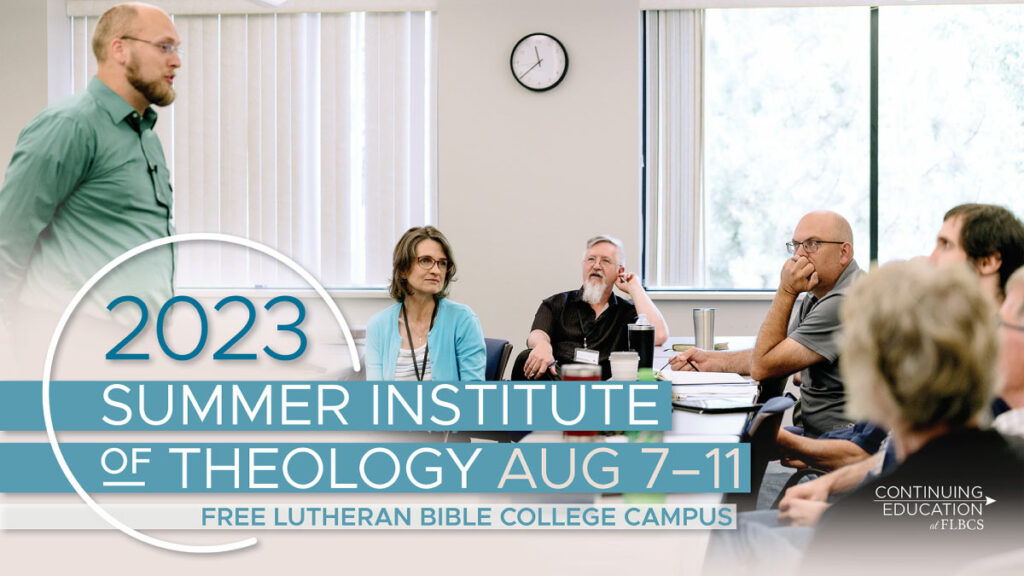
The Summer Institute of Theology is designed to provide continuing theological and ministry education to lay people, pastors, and friends of the Association of Free Lutheran Congregations.
Many of this year's sessions revolve around practical instruction for congregational leadership. If you are a lay leader in your church and have never attended SIT before, this would be a great year to jump in and see what it's about.
Sessions:
Session A (Plenary)
~History and Aims in the AFLC (Dr. Martin Horn)
Session B (Choose 1)
~Philosophy for Faith (Dr. Jonathan Strand)
~Studies in the Psalms (Pr. James R. Johnson)
Session C (Choose 1)
~Seminars in Congregational Leadership: (various)
↳Monday The Board Chair (Dr. Wade Mobley)
↳Tuesday Embracing Conflict (Pr. Micah Hjermstad)
↳Wednesday What Servant Leadership Means (Dr. James Molstre)
↳Thursday Emotional Health for Congregational Leaders (Dr. Wade Mobley)
~The Systems of Systematic Theology (Dr. Jason Gudim)
Course Summaries
History and Aims in the AFLC – Pr. Martin Horn
This seminar will survey both the history of the AFLC as well as its particular concerns and emphases. The first half of the seminar will examine the history of the AFLC as well as its historical roots in Norway and in the United States. The seminar will pay attention to Georg Sverdrup and Sven Oftedal, the founders of the Lutheran Free Church movement in America.
The second half of the seminar will focus on the particular emphases and concerns of the AFLC. These lectures will include, but will not be limited to the issues of the inerrancy of Scripture, the AFLC’s Lutheran and confessional position, its “low-church” emphasis, and personal piety. This part of the seminar will focus particularly on Georg Sverdrup’s theology of the local congregation and his concept of “free and living Congregations.”
Philosophy for Faith – Jonathan Strand
Knowledge and tools developed in various academic disciplines are extremely useful for the understanding and articulation of our faith. Linguistic studies of ancient languages help us better-understand the Bible. The work of historians and archaeologists help us better-understand the events recorded in the Bible. Scientists help us understand how “the heavens declare the glory of God.” In fact, theology is largely the application of knowledge and tools from other disciplines to the understanding and articulation of our faith. Similarly, philosophers have developed ways of thinking that can help us better understand, articulate, and defend “the faith delivered once for all to the saints.” Theologians have long used philosophical concepts to articulate and understand the faith. The tools of logic are extremely useful in identifying logical errors committed by opponents of the faith. And believing philosophers have explained in great detail how disbelief is “without excuse.” This course is an introduction, then, to the insights and conceptual tools of philosophy that are useful for the understanding, articulation, and defense of the Christian faith. Reference will be made to how these things can be applied to current controversial issues—such as those regarding sexuality and gender.
Studies in the Psalms – Pr. James R. Johnson
Each session of the class will focus on studying a particular Psalm. The selected Psalms will include a variety of styles – Psalms of praise, lament, imprecation, and prayer, for example. Some will be familiar favorites and some less so. The desire is for the class to be interactive, together studying and applying God’s word in both personal life and pastoral ministry.
The Systems of Systematic Theology – Dr. Jason Gudim
Most people tend to think of systematic theology in terms of an encyclopedic ordering of all theological topics. This class will explore the themes and specific paradigms within Lutheran theology that help us think better and more biblically about theology. Topics covered will include the cross, tension and paradox, the structure of the catechism, law and gospel, two kinds of righteousness, and the two realms.
Seminars in Congregational Leadership
The Board Chair – Dr. Wade Mobley
What if board or church council service was something so rewarding that when people left they looked back on it as some of the best investment of time, treasure, and talent they have ever made? This is not only possible, but it is a necessary goal if our congregations are to function as healthy avenues for precious, eternal human souls to hear and receive the gospel of Jesus Christ. Pastor Wade Mobley has benefited from serving under many excellent board chairs in the past few decades and will share several insights to help you be an effective board chair, or a great board member.
Embracing Conflict – Pr. Micah Hjermstad
Conflict inevitably finds every leader. Sometimes the conflict involves the leader personally, and sometimes they are called to resolve problems between two or more of the people they serve. To make a difficult situation worse, our instinct is to avoid conflict, sometimes “at all costs.” However, avoiding the problem doesn’t tend to solve it. Thankfully, the way of Christ gives us a path for resolution and hope for real healing. This session will explore what that conflict resolution looks like and how you can encourage it in your leadership role.
What Servant Leadership Means – Dr. James Molstre
This session will help church leaders understand the balance between leadership in the church while serving the congregation. The session will especially draw from 1 Timothy and Titus to define the role of Pastor as Servant leader.
Emotional Health for Congregational Leaders – Dr. Wade Mobley
Whether as a pastor, or a counselor, or as a lay leader in a congregation, we are all in helping professions. Sometimes we are asked to help people in times and ways that leave us lacking; How can we help when we hurt? In this session Pastor Wade Mobley will help us ask ourselves healing questions and leave us with a selection of tools that may be helpful as we help others.
Our Speakers
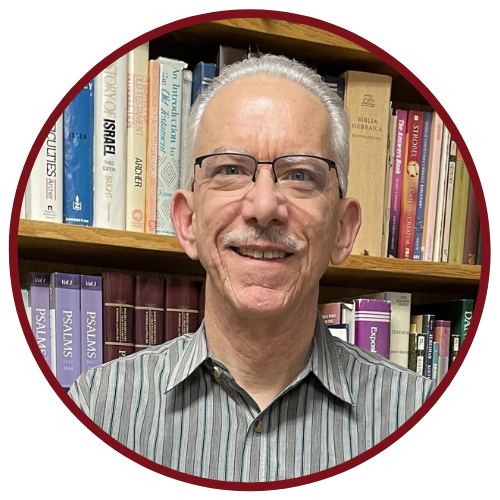
Pr. James R. Johnson
Pastor Jim Johnson has been serving as pastor of Calvary Free Lutheran Church in Fergus Falls, MN since 2001. Before that he served at Solid Rock Free Lutheran in Anoka, MN and Slim Buttes Free Lutheran in Reva, SD. He grew up in Upper Michigan and graduated from the Free Lutheran Bible College, Olivet Nazarene University and the Free Lutheran Seminary. He and his wife Marsha have two children, Josh (Katie) Johnson and Marli (Kyle) Arneson, and four grandchildren (Sawyer, Harvey, Charlotte, and Stuart Johnson).
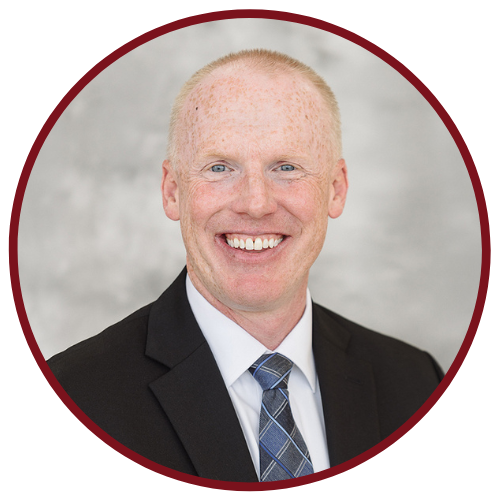
Dr. Wade Mobley
Dr. Wade Mobley lives in Plymouth, MN, where he has served as President of the Free Lutheran Bible College and Seminary (flbc.edu) since 2015. Along with leadership of the Bible College and Seminary, Dr. Mobley teaches apologetics, Christian thought, leadership, and preaching in the two programs. Before joining the Bible College and Seminary, he served from 2003-2014 as pastor of Living Word Free Lutheran Church in Sioux Falls, SD. Dr. Mobley is married to his wife of over 20 years, Michele, and has two children, Hannah (13) and Benjamin (13). Dr. Mobley earned a Doctor of Ministry degree at Concordia Theological Seminary-Ft. Wayne in 2020, a Master’s of Divinity from the Free Lutheran Seminary in 2003, and a Bachelor’s degree in Ancient History from the University of Northwestern-St. Paul in 1999. He has additional studies at the International Academy of Apologetics, Evangelism, and Human Rights in Strasbourg, France, and four years of study in math, physics, engineering, and physical education at South Dakota State University in Brookings, SD.
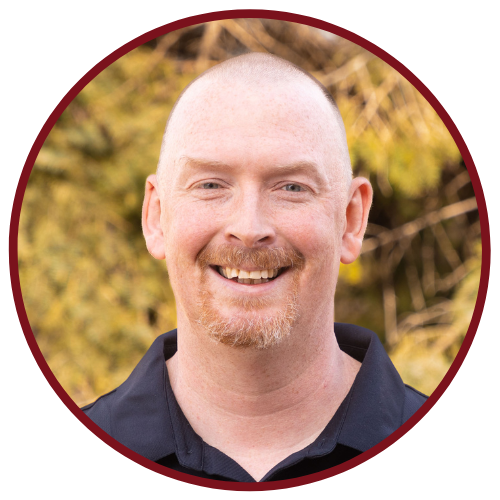
Dr. Jason Gudim
Jason Gudim is husband to Esther and father of five children. He has served as pastor of Faith Free Lutheran Church in south Minneapolis since 2011. He is a member of the Board of Trustees of the Free Lutheran Bible College and Seminary, where he also serves as adjunct faculty. He earned his Bachelor's degree from Crown College, Masters of Divinity from the Free Lutheran Seminary, and Doctor of Ministry from Concordia Seminary. Gudim also leads "Being Lutheran" podcast.
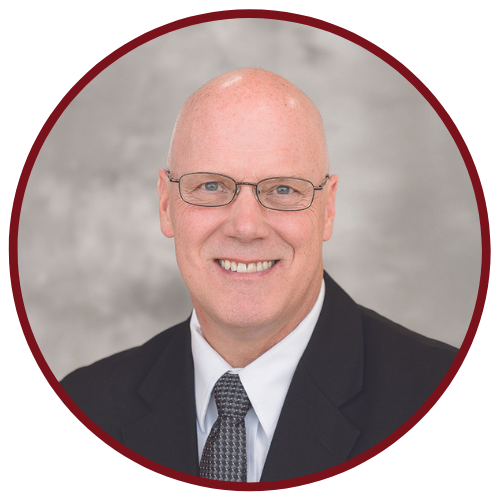
Dr. James Molstre
Dr. James Molstre lives in Maple Grove, Minnesota, serving the Free Lutheran Seminary as Dean since 2017 and Chief Academic Officer of the Free Lutheran Bible College and Seminary since 2020. Dr. Molstre teaches several practical theology courses at Free Lutheran Seminary as well as a preaching and public speaking course at the Free Lutheran Bible College. Dr. Molstre was ordained into the Pastoral Ministry in 1993, serving three congregations over 24 years including Zumbrota, Minnesota; Bethel Park, Pennsylvania; and Helmar, Illinois. Dr. Molstre is married to Kristin, his wife of 36 years, and has three children and three grandchildren.
Dr. Molstre earned a Doctor of Ministry degree at Trinity School of Ministry in Ambridge, Pennsylvania in 2011, a Master of Divinity from the Free Lutheran Seminary in 1993, and studied practical theology at Regent Graduate School of Theology in Vancouver, British Columbia. He has additional graduate studies in education at Ricks College in Rexburg, Idaho, and a Bachelor of Science degree in education from North Dakota State University in 1987. Dr. Molstre was also a high school history teacher and football and track coach in Idaho Falls, Idaho.
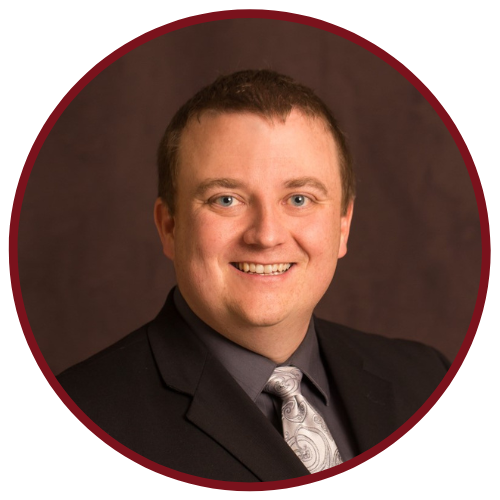
Pr. Micah Hjermstad
Pastor Micah Hjermstad has been the president of the AFLC since 2022. Prior to that, he served congregations in Ishpeming, MI, and Fargo, ND. He holds a B.A. from Minnesota State University – Moorhead, and an M.Div. from Free Lutheran Seminary. He is married to Brittany, and they have one son, Levi.
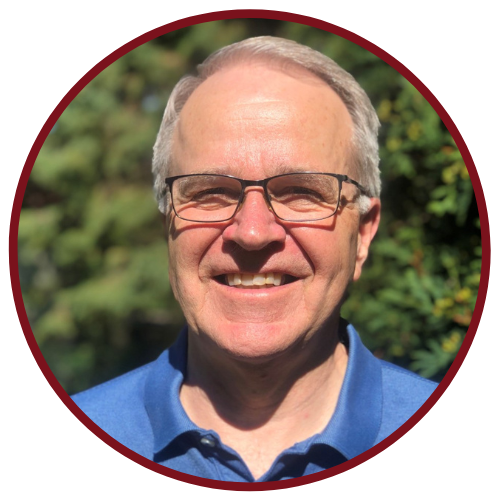
Pr. Martin Horn
Martin L. Horn. BS, Valley City State University; MDiv, Free Lutheran Seminary; PhD in New Testament Studies, Midwest Baptist Theological Seminary; Interim Pastor, Christian Free-Lutheran Church, Wheatland, IA.
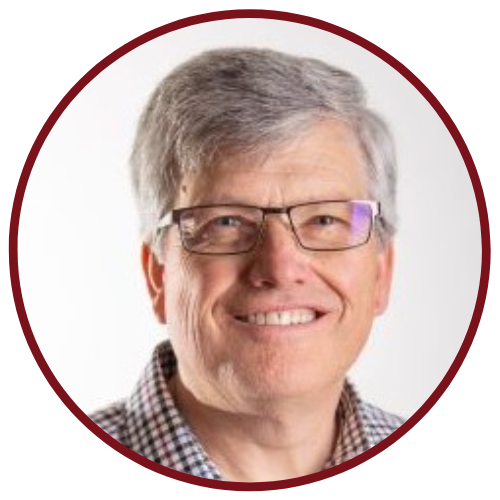
Dr. John Strand
Dr. Strand is Professor of Philosophy at Concordia University of Edmonton, where he specializes in logic and philosophy as they relate to faith. He attended the Free Lutheran Bible College, where he met his wife, Ruth. He earned his BA in Philosophy at the University of Minnesota, then completed his MDiv at the Free Lutheran Seminary. He earned his PhD in Philosophy at the University of Notre Dame, under the directorship of Dr. Alvin Plantinga. After serving for three years as Adjunct Professor of Philosophy at Valparaiso University, he accepted his faculty position at Concordia in 1994. The son of former AFLC president, Rev. John Strand, he and Ruth have three children and twin grandsons—all living in the Edmonton area.
